Microfinance is known as a type of economic that is provided to small businesses and entrepreneurs whom don’t have entry to traditional financial resources. This includes loans, credit, use of saving accounts, insurance policies and cash transfers.
Tiny finance establishments are primary sources of funding for low income individuals and small enterprises that terribly lack access to classic banking offerings or have not any collateral. These types of institutions provide loans and also other financing solutions at sensible rates.
The essence this study is to know how microfinance and entrepreneurship happen to be linked in Kazakhstan, a nation undergoing transition to a market overall economy. We strive to shed light on how microfinance runs small business expansion and formalisation in a transition context and also to explore borrowers’ relationships with MFOs at different stages of this process.
Each of our study plots on emerging literature that reviews a teleological approach to microfinance (Ault & Spicer, 2014; Chliova, Brinckmann, & Rosenbusch, 2015) and implies a more exploratory inquiry that asks even more open problems about how microfinance relates to entrepreneurial outcomes in transitional contexts. This requires taking the help of methodologies that happen to be more empirically-informed, attuned to the agency every day entrepreneurs plus more contextually-situated.
We all explored borrowers’ relationships with MFOs through a field survey of eighty six clients in Almaty and Almatinskaya districts in Kazakhstan, which are representative of both the Overseas MFOs that focus on group lending and MFOs that provide individual loans to clients. The study also inspected the relationship among borrowers and the MFOs, which was influenced www.laghuvit.net/2020/03/03/microfinance-organizations-choose-virtual-data-room-services/ by a range of factors which include their track record characteristics, organization characteristics and patterns of microfinance use.

Recent Comments